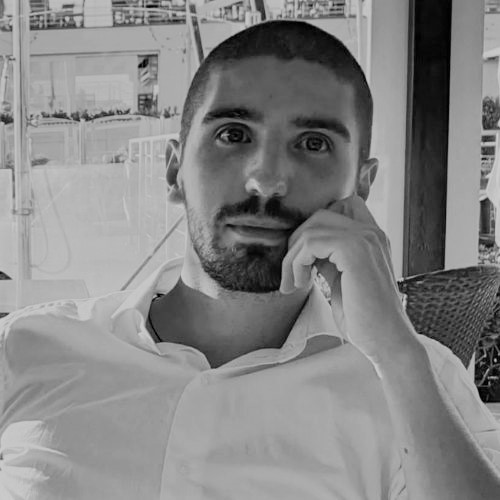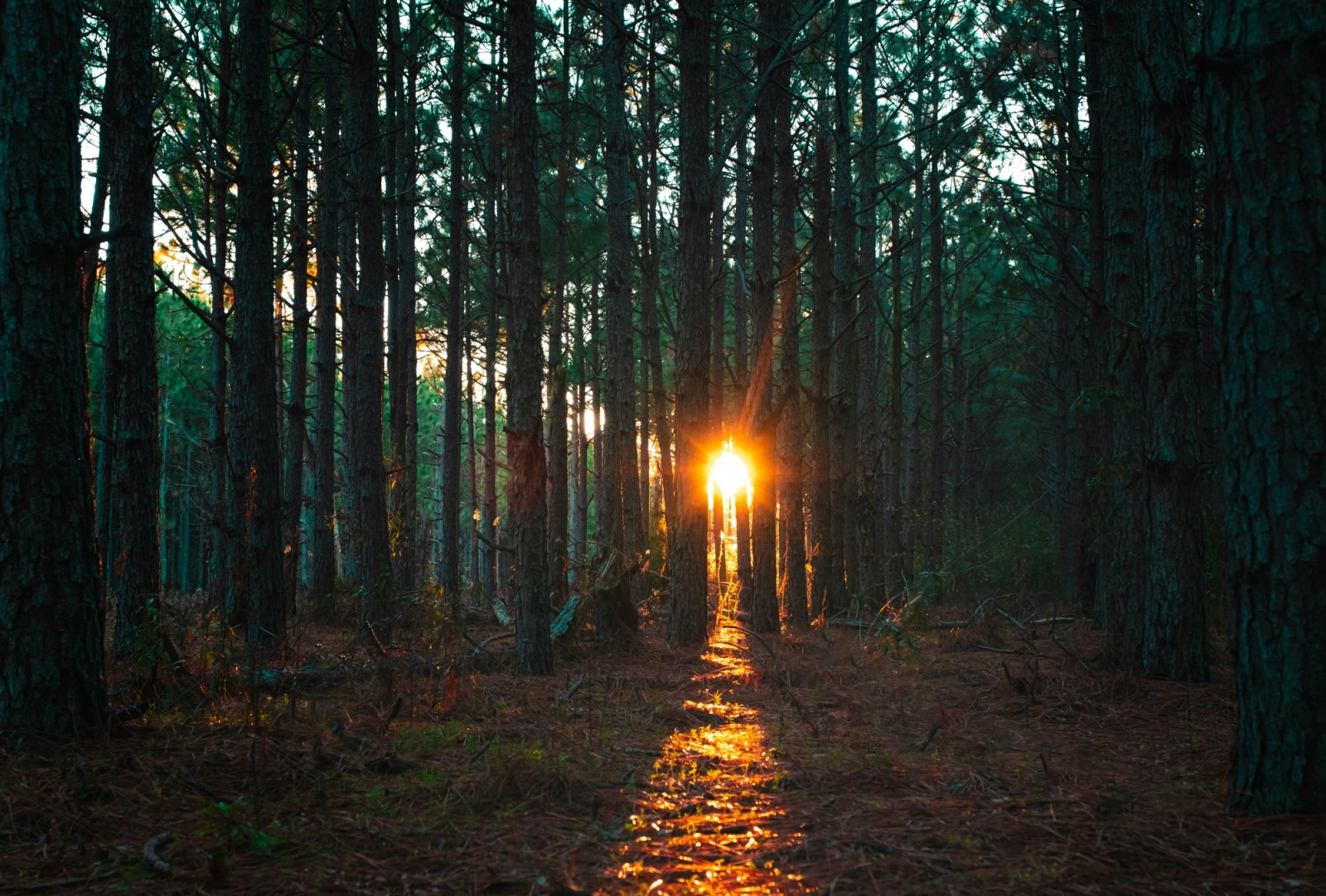The fight against anthropogenic climate change can no longer be postponed. How, however, can businesses address that transition period required to move beyond a fossil fuel-based economy and achieve a net-zero solution? We put this question to Carbonsink, the company that alongside South Pole forms the largest group in the world offering climate mitigation projects and solutions.
Helping forests to help the climate
“Science has already proven that existing forests are a key instrument in tackling climate change and retaining the hope of meeting the 1.5°C target established in the Paris Agreement,” says Tania Cencetti, Regional Senior Manager, Technical, NBS, Climate Projects at Carbonsink. “This is why preventing the emissions deriving from deforestation and changes in land use is as urgent as the energy transition. Today, there are some three trillion trees on the planet that store 400 gigatonnes of CO2. Their loss would undoubtedly have a devastating impact.”
Certified decarbonisation projects
Carbonsink and South Pole’s global team, made up of over one thousand climate and sustainability experts, does not only offer consultancy on the development of decarbonisation strategies and climate risk management to companies. To offset emissions that cannot currently be reduced, Carbonsink provides its clients with a global portfolio of certified carbon credits that today includes over 850 high-quality projects distributed across over 50 countries.
“Alongside a concrete reduction strategy for operational and supply chain emissions, funding climate actions by supporting certified projects means that a company is doing the utmost for the climate and aligning itself with international best practices,” says Cencetti. “Furthermore, it means having an advantage over competitors and a good reputation among consumers, investors, and other stakeholders. Finally, it allows companies to align their business with the United Nations’ Sustainable Development Goals.”
Investing in REDD+ is good for ecosystems and communities
REDD+ (Reducing Emissions from Deforestation and Forest Degradation), a mechanism created by the United Nations in 2008, is one of the climate finance tools designed to promote sustainable management of natural resources.
“REDD+ projects are certified by internationally recognised standards and approved by ICROA, the organisation that promotes good practices within the voluntary carbon market. As Carbonsink, we follow the criteria established by the standard and that require independent external reviews repeated over time to monitor and assess the project. The goal is to ensure that the reduction or removal of emissions is real, measurable, permanent, and additional. Without these criteria the REDD+ project simply does not exist, the credits are not issued.”
REDD+ projects are self-sustaining: once the credits are sold, part of the proceeds from the sale is reinvested in the project so that it continues to operate, ensuring a permanence to the CO2 savings over time and guaranteeing that the additionality requisite is met, meaning that if the project had not been implemented those savings would not exist. “It is important to highlight that currently, REDD+ projects are the only way of channelling funding toward forest conservation on a significant scale. The mechanism is proving efficient in protecting forests and biodiversity which would otherwise have already been lost.”
Support for REDD+ projects does not only contribute to ecosystem conservation, the protection of biodiversity, and the creation of ecosystem services, but it also aims to boost sustainable growth for the local economy. “Local communities are the depositaries of forest management knowledge. This is why it is vital that they are involved and employed within the project itself, with a particular focus on women. After all, if there is no contribution to the community carrying out the project, the project itself does not exist” Cencetti concludes.
This article is also available in Italian / Questo articolo è disponibile anche in italiano
Immagine: Joshua Woroniecki, Unsplash
© all rights reserved



